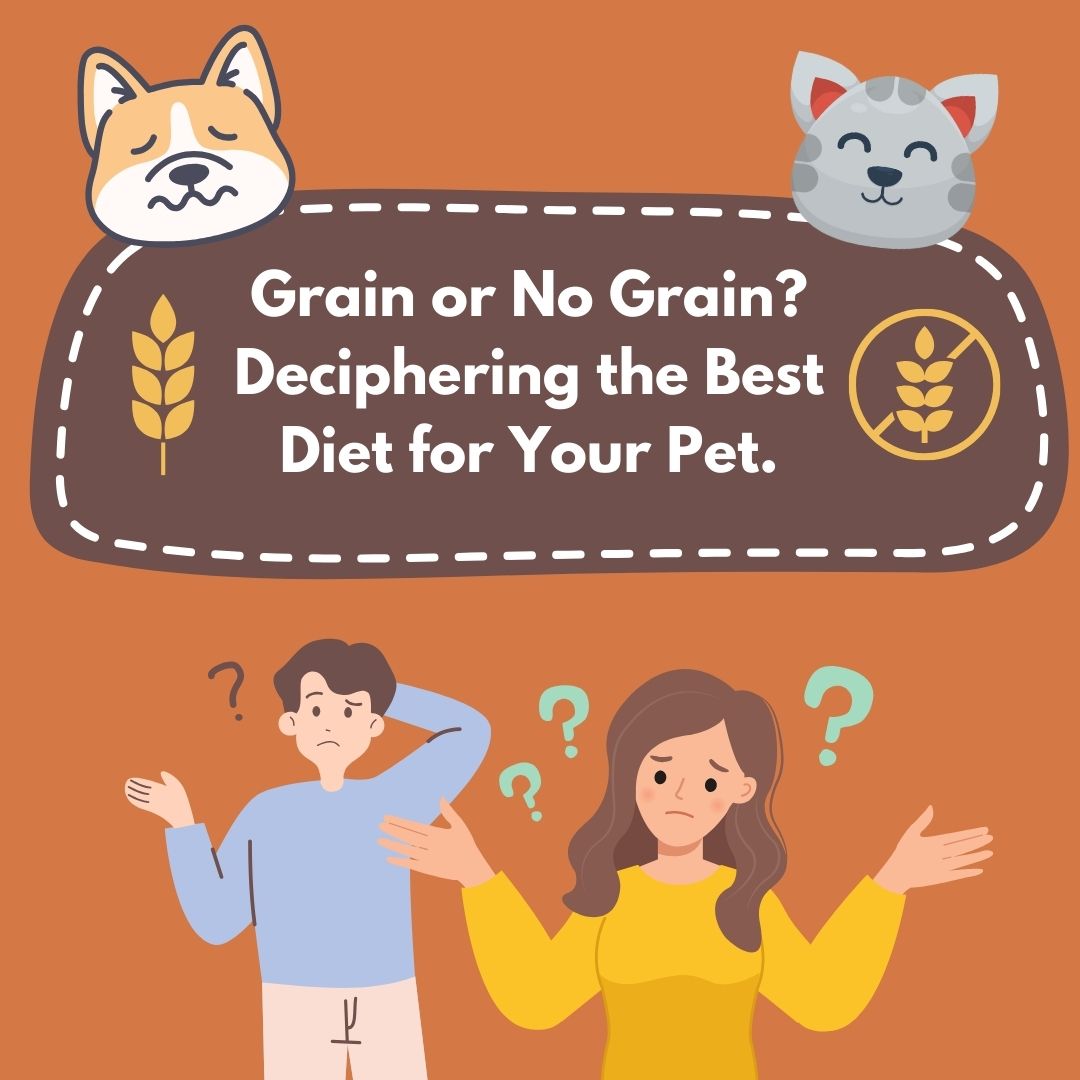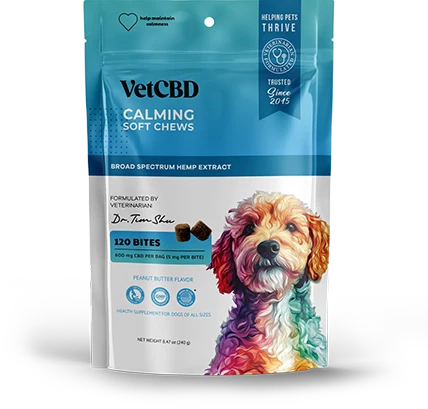
Grain or No Grain? Deciphering the Best Diet for Your Pet
Share
Are you perplexed by the endless debate surrounding grain versus non-grain diets for your beloved furry friend? As a pet owner, you strive to provide the best nourishment possible, but navigating the plethora of dietary options can be daunting. Fear not! This blog aims to shed light on this hotly debated topic, empowering you to make informed decisions about your pet's diet.
Firstly, it's crucial to understand the key differences between grain and non-grain diets. Traditional pet foods often contain grains like wheat, corn, and rice as primary ingredients. On the other hand, non-grain diets typically feature alternative sources of carbohydrates such as sweet potatoes, peas, and lentils.
So, the burning question arises: which is better for your pet? The answer isn't one-size-fits-all. While some pets thrive on grain-based diets, others may benefit from grain-free alternatives. Let's delve into the factors influencing this decision.
- **Nutritional Needs**: Every pet has unique nutritional requirements. Grain-based diets can provide essential nutrients like carbohydrates, fiber, and protein. However, some pets may have sensitivities or allergies to grains, leading to digestive issues or skin problems. Non-grain diets offer alternative carbohydrate sources that may be more suitable for sensitive pets.
- **Weight Management**: Grains are calorie-dense and can contribute to weight gain if not properly regulated. Non-grain diets, with their emphasis on protein and fiber-rich ingredients, may help pets maintain a healthy weight and promote lean muscle mass.
- **Digestive Health**: Grains contain gluten and lectins, which can be difficult for some pets to digest. Opting for a grain-free diet might alleviate digestive issues such as bloating, gas, and diarrhea, especially in pets with sensitive stomachs.
- **Allergies and Sensitivities**: Grain allergies are relatively uncommon in pets, but they do occur. If your pet exhibits symptoms like itching, hair loss, or gastrointestinal upset, it might be worth considering a grain-free diet. However, it's essential to consult with your veterinarian to rule out other potential allergens and receive tailored dietary recommendations.
- **Heart Health**: Recent studies have linked certain grain-free diets to an increased risk of dilated cardiomyopathy (DCM), a potentially fatal heart condition in dogs. While the exact cause remains unclear, experts suggest that the absence of certain nutrients found in grains, such as taurine, may play a role. If you're considering a grain-free diet, consult your veterinarian to ensure it meets your pet's nutritional requirements and mitigates any potential risks.
- American Veterinary Medical Association (AVMA) - https://www.avma.org/
- American College of Veterinary Nutrition (ACVN) - https://acvn.org/
- Tufts University Cummings School of Veterinary Medicine - https://vet.tufts.edu/
- Pet Food Institute - https://www.petfoodinstitute.org/
- U.S. Food and Drug Administration (FDA) - https://www.fda.gov/animal-veterinary
- American College of Veterinary Dermatology. "Food Allergy in Dogs and Cats." acvd.org/public/food-allergy-in-dogs-and-cats/
- Journal of the American Veterinary Medical Association. "Omega-3 Fatty Acids." avmajournals.avma.org/doi/abs/10.2460/javma.2002.220.1315
- World Journal of Gastroenterology. "Role of Probiotics and Prebiotics in Animal Health." ncbi.nlm.nih.gov/pmc/articles/PMC3282895/
- Veterinary Dermatology. "Sensitivity to Common Allergens in Dogs and Cats." onlinelibrary.wiley.com/doi/10.1111/j.1365-3164.2005.00437.x


